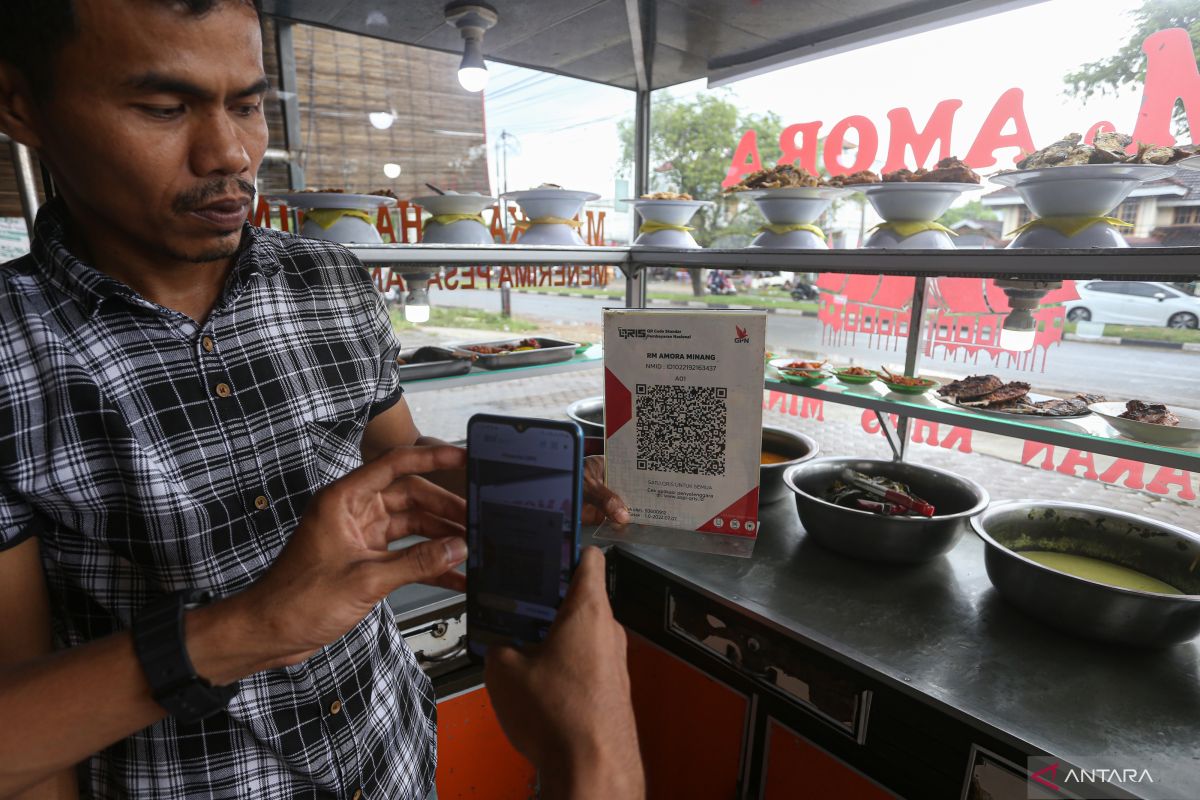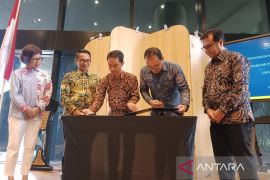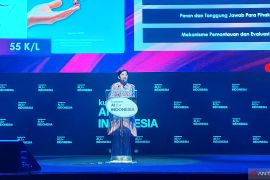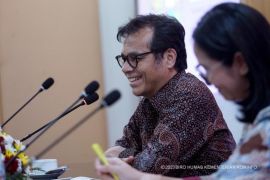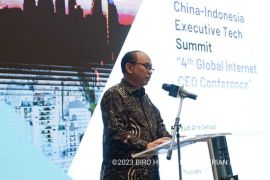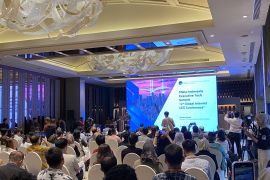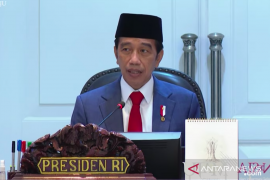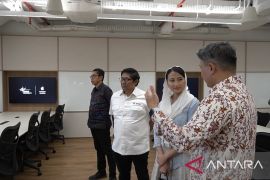"Data can also be used to understand Indonesian consumers' interests, so eventually MSMEs or local business players can tap into the market potential," said Rivan Ardianto, the ministry's Director of Electronic-based Trade and Services, during the CIPS DigiWeek event in Jakarta on Monday.
He remarked that the presence of personal data in cyberspace can be at risk of being misused, but the proper utilization of data and information in the digital economy can also be a good opportunity for MSMEs.
He cited the example of market intelligence as a means of data analysis that enables MSMEs to understand market demands, thereby allowing them to plan stock and supply as well as facilitate them in payment access.
"A responsible use of words can create consumer trust and confidence in online trading. Therefore, security serves as one important factor that must be maintained in online trading activities themselves," Ardianto explained.
Making data-driven decisions will also help the government to get a better understanding of the situation and allow them to create better policies.
Ardianto also called for the need to encourage business activity in order to further develop the economy.
Moreover, a conducive investment climate coupled with supportive regulation can boost economic transformation that will ultimately boost Indonesia's economy.
He noted that in the last five years, the national digital economy scene has grown significantly and has a significant amount of potential.
The value of the digital economy in 2022 was capped at almost US$77 billion and is projected to grow to US$130 billion by 2025.
A total of 3.48 million e-commerce transactions were recorded throughout 2022, with a value reaching Rp476 trillion (approximately US$31.3 billion), a growth of 18.7 percent as compared to the previous year.
The ministry considers the vast potential of the digital economy and develops it through four pillars, with the first being to encourage MSMEs to grow and develop in a transparent manner and follow the changes of time by making innovative initiatives.
The second is to integrate MSMEs with digital platforms in order to allow them to improve their competitiveness and enable them to export their products.
The third is to encourage modern retailers to offer partnership opportunities to MSMEs in order to enable the provision of a larger market for enterprises.
"Lastly, for banking funding institutions to provide funding access for MSMEs," Ardianto concluded.
Related news: Committed to revitalizing traditional markets through digitization
Related news: Ministry asks MSMEs to use digital technology, innovate
Translator: Kuntum Khaira R, Mecca Yumna
Editor: Anton Santoso
Copyright © ANTARA 2023
